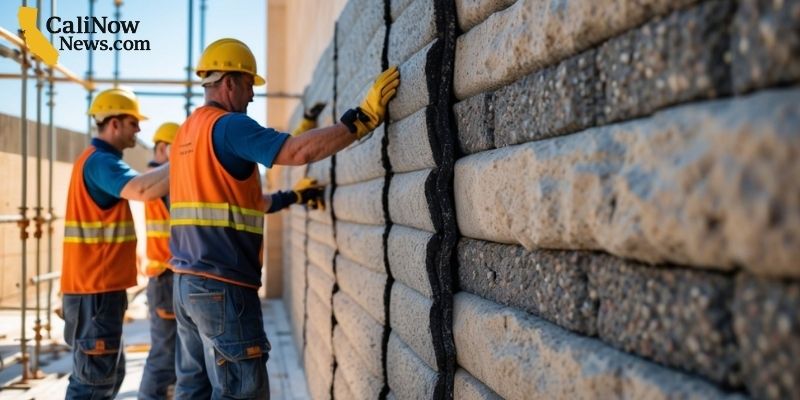Senator Marco Rubio announced that the United States will begin revoking visas for many Chinese nationals studying at American universities, particularly those in science and engineering fields, citing national security concerns. The move is part of a broader strategy to limit the influence of the Chinese Communist Party (CCP) on U.S. institutions.
Key Highlights:
- 🗣️ Speaker: U.S. Senator Marco Rubio (R-Florida)
- 📍 Target Group: Chinese graduate students, especially in STEM fields
- 🎯 Reason: Alleged links to the Chinese Communist Party and national security risks
- 📄 Action: Visa restrictions and revocations expected to increase
- 🏛️ Policy Context: Aligns with broader U.S. efforts to curb China’s tech influence
Details:
National Security Justification
Rubio, who is vice-chair of the Senate Intelligence Committee, claims that many Chinese students at U.S. universities are linked to institutions affiliated with China’s military or Communist Party. He stated that the U.S. will begin “aggressively revoking visas” and increasing scrutiny.
Focus on STEM
The proposed visa crackdown would mainly affect Chinese students in science, technology, engineering, and mathematics (STEM) — fields seen as strategically sensitive. Rubio argues that these students could contribute to technological advancements benefiting the Chinese government.
Pushback Expected
While Rubio and some U.S. officials support the policy, critics warn it could damage academic freedom, hurt U.S. universities, and increase anti-Asian sentiment. Higher education leaders have not yet issued formal responses.
Summary:
Sen. Marco Rubio says the U.S. will start revoking visas for many Chinese students in STEM fields, citing concerns over national security and CCP influence. The move is expected to spark both political and academic debate.




